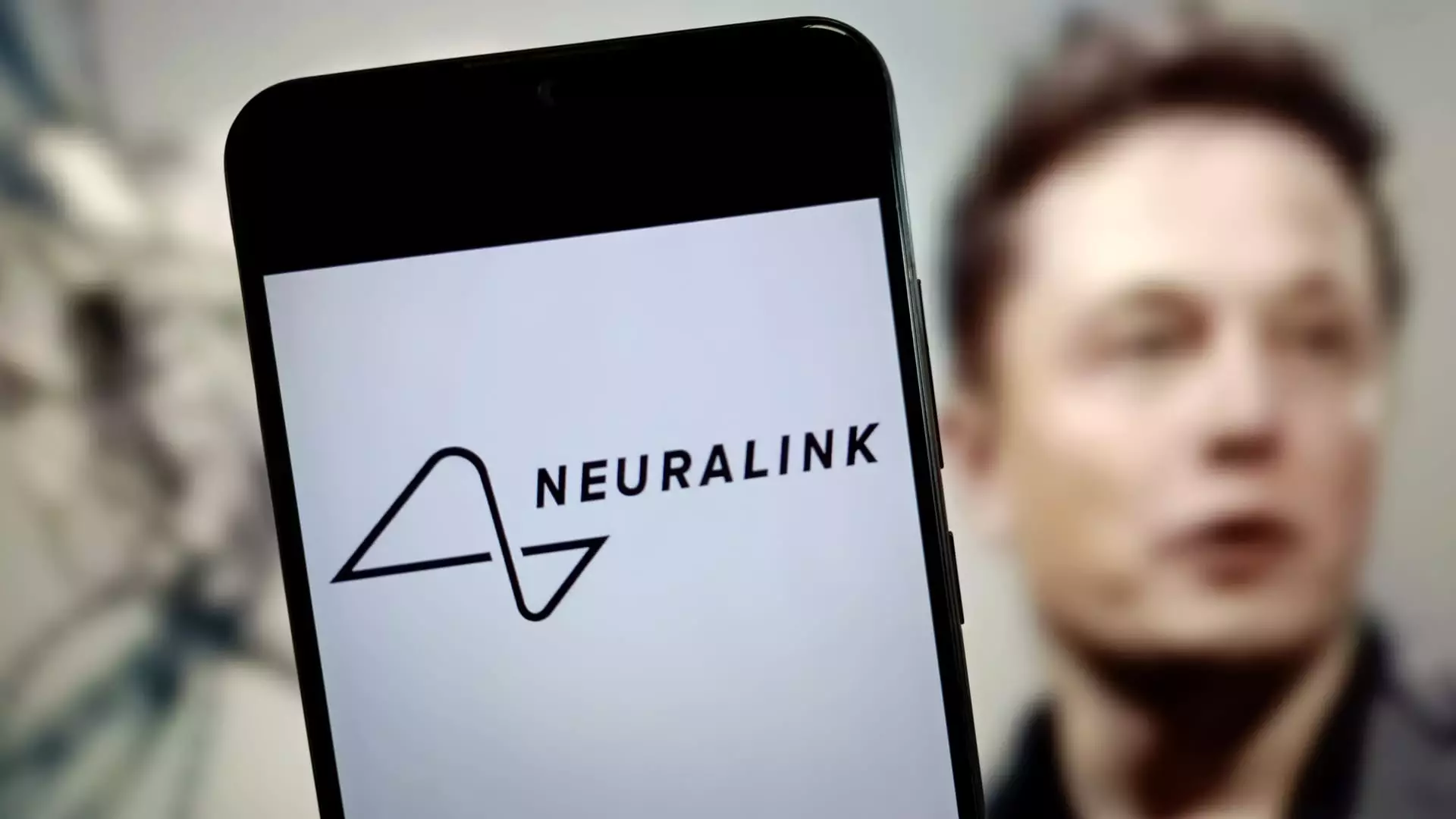Elon Musk’s neurotech startup, Neuralink, has achieved a significant milestone in its mission to develop cutting-edge brain implant technology. On Sunday, the company successfully implanted its device in a human for the first time. Musk himself shared the news, stating that the patient is “recovering well.” This groundbreaking achievement brings us one step closer to a future where individuals with severe paralysis can control external technologies using only their neural signals.
The Potential of Telepathy
Neuralink’s first product, aptly named Telepathy, holds immense promise in transforming the lives of individuals suffering from degenerative diseases like ALS. With this brain implant, patients may eventually regain the ability to communicate and access social media platforms through the power of their minds. Elon Musk envisions a world where individuals, like the late scientist Stephen Hawking, can communicate faster than even the most skilled typists or auctioneers. The goals are ambitious, but with the advent of Neurolink’s breakthrough, they are inching closer to reality.
While Neuralink’s successful implantation in a human represents a major stride forward, it is essential to recognize that it is just one step on the arduous journey towards commercialization. Medical device companies must face rigorous rounds of data collection and safety testing before obtaining final approval from regulatory bodies such as the U.S. Food and Drug Administration (FDA). Neuralink, like its counterparts, will undoubtedly face these obstacles on its path to bringing Telepathy and its subsequent innovations to market.
Within the brain-computer interface (BCI) industry, Neuralink stands as a leading company due to its significant influence brought about by Elon Musk, who also serves as the CEO of Tesla and SpaceX. BCIs are systems that interpret brain signals and translate them into commands for external technologies. The emergence of Neuralink is accompanied by other notable companies like Synchron, Precision Neuroscience, Paradromics, and Blackrock Neurotech, all working toward similar goals.
While Neuralink may be the best-known name in the field, it faces competition from other formidable players. Paradromics, for example, aims to launch its initial trial with human patients in the first half of the year, demonstrating a commitment to advancing the capabilities of BCIs. Precision Neuroscience has already conducted its first in-human clinical study, showcasing progress within the industry. Furthermore, Synchron’s BCI has already proven its potential when a patient utilized it to post messages on CEO Tom Oxley’s Twitter account back in 2021. Consequently, the race to be the first company to reach the market remains uncertain.
Neuralink’s successful implantation in a human emphasizes the extraordinary strides being made in the field of neurotechnology. The ability to restore communication and control external devices with the power of the mind brings hope to countless individuals and their families. As the competition in the BCI industry intensifies, it is evident that these groundbreaking advancements have the potential to transform the lives of millions affected by debilitating conditions. The future is bright, and if Neuralink and its peers continue to push the boundaries of innovation, society may witness a world where the impossible becomes possible.


Leave a Reply